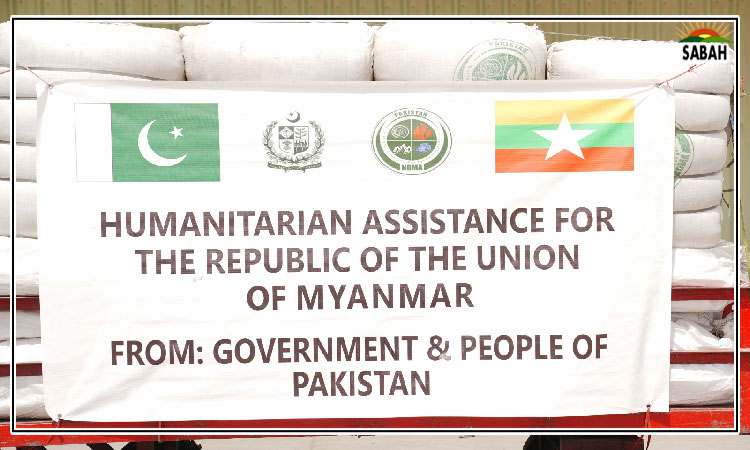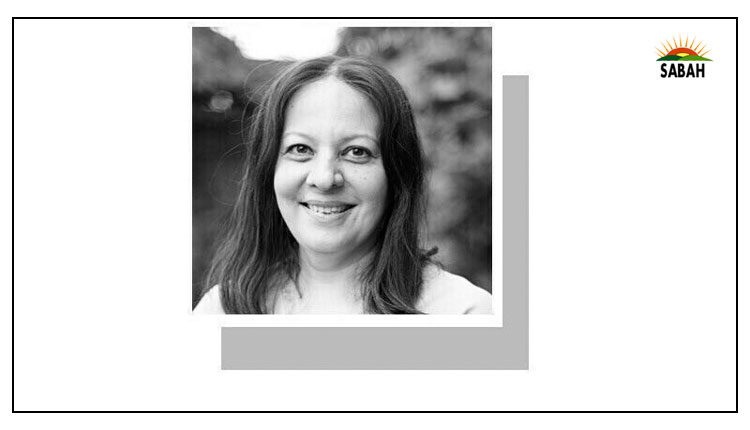Fight to forgive…Muna Khan
COULD you forgive your daughters murderers, and then hire two of them to come work for the organisation set up in her name?
This is what Linda and Peter Biehl did in South Africa following the stoning and stabbing of their daughter Amy by a mob in Cape Town in 1993. Amy, then 26 and a Fulbright scholar, was helping educate previously disenfranchised voters ahead of the historic 1994 elections that would see Nelson Mandela become president. Four men were found guilty of Amys murder but they applied to the Truth and Reconciliation Commission for amnesty. Amys parents, who attended the hearing, did not object to their release in 1998. Later, they met two of the murderers and then hired them to work in the foundation they created in Amys name to continue her dream of imagining a world where reconciliation was possible.
In September last year, the Amy Biehl Foundation marked 30 years since her murder at one of the schools theyve built in Cape Town. Linda was there along with two of her daughters murderers, who continue to work with the foundation; one of them told the media his relationship with the Biehls allowed him to become the person he is today and also allowed him to forgive himself.
They have all shown what reconciliation looks like, and how it can extend to, and then allow, a community to move forward.
The challenge is to forgive the very people who caused the mistrust.
But getting there is a difficult process. In order to learn how to let go of hurt feelings, I have been practising alternative forms of therapy and reading ancient texts. We have much to learn from our elders.
The Buddhists, for example, say forgiveness ends suffering. It is ultimately for yourself, for your peace of mind, to let go of the pain you carry. Most religious teachings echo similar sentiments.
No one advocates holding on to anger unless they find gain in it, and that thinking is not beneficial for societies. I believe we, as a nation, desperately need to let go of anger, resentment and hurt caused by a myriad of leadership failings and mistrust.
The challenge is to forgive the very people or institutions that caused the mistrust in the first place. It is complicated, especially when no one is asking for forgiveness or, they are forced to say sorry to avoid punishment and then banished. This happens with one-time favoured groups who run afoul of the powerful; their crime is a damnation until it is not, and then all is forgotten. This script is old and tiresome but there are too many players who happily acquiesce in going along as they gain power.
Forgiveness will not work without accountability. But who has the power to forgive? What is deemed forgivable?
Lucy Allais, a philosopher at Johns Hopkins University who studies forgiveness and punishment, told Vox in 2022 that forgiveness is most fundamentally a release from blame and anger.
There is certainly a lot of that in Pakistan right now and it is proving a stumbling block to our progress. The anger is both online and on the streets.
I watched a lot of folks share videos of journalists unable to contain their excitement at the disqualification of Nawaz Sharif in 2017.
The video of a reporter showing viewers the inside of the former prime ministers fridge resurfaced as did the video of a journalist in a tub. Do they feel shame now that Imran Khan has been convicted, screamed half of Twitter?
I dont know what answer or apology, if it came could have pacified the outraged mob.
Does social media cause this anger or does it reveal it, as Allais herself asks. Weve seen how quickly a mob comes together to cancel people in social media trials. There is no room for atonement in the virtual world while in the real world, the judicial system seems to be failing people.
In this atmosphere, can one even talk of forgiveness and reconciliation? We are days away from elections whose results will be rejected by X percentage of the population. This is the self-perpetuating cycle that does not allow room for reconciliation. Those to blame can also offer a way out.
These stakeholders must reckon with their past and accept that the only way forward is to come together as leaders invested in Pakistans progress, with different ideas on how to get there. They can teach us how to disagree without being disagreeable.
People tend to assume the best of themselves and the worst of their opponents. We need to see people as potentially better than the worst things theyve done, says Allais.
It is a tall ask but one worth attempting. We will eventually get it right. This hope is worth fighting for.
Courtesy Dawn












